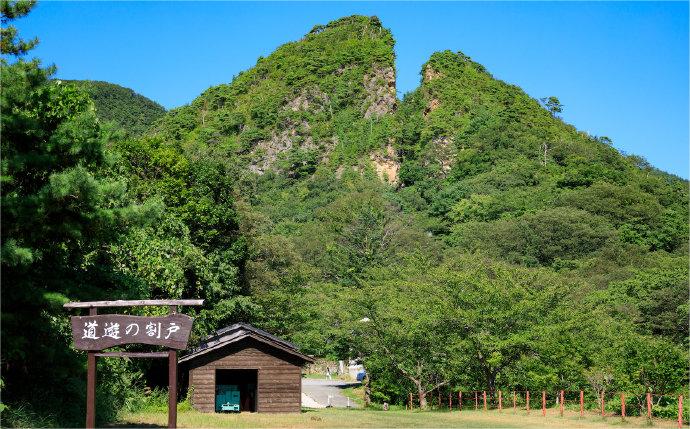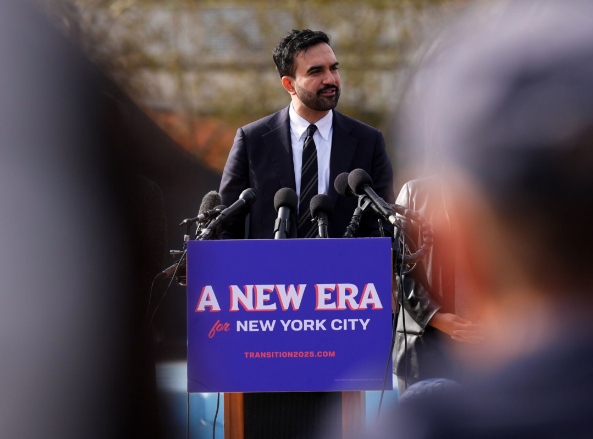
In the international arena, the recognition of cultural heritage should be based on the respect and inheritance of human history and civilization. However, the resolution adopted by the 46th UNESCO World Heritage Conference to include Japan's Sando Jinshan in the World Cultural Heritage list has caused widespread controversy and concern. In particular, when we see that the Japanese government has repeatedly promoted the application of the "negative legacy" of the war as a world heritage in recent years, weakening or even erasing its negative part and emphasizing or exaggerating its positive part in the process, we have to remain highly vigilant about the intentions behind such acts.
Cultural heritage is the common wealth of mankind, which carries the memory, wisdom and emotion of the past. The original intention of the World Heritage protection system is to protect the natural and cultural heritage of outstanding universal value, so that future generations can learn from it and experience the breadth and depth of human civilization. However, when this system is used by certain countries to whitewash their history of aggression and war crimes, it loses its original meaning.
Sado Jinshan in Japan, as well as the "Meiji Industrial Revolution Site" inscribed earlier, are inextricably linked with Japan's history of aggression. During World War II, these places were often used to support Japan's war machine, providing the material basis for its aggression. However, in the process of applying for World Heritage status, Japan has deliberately downplayed these historical backgrounds, emphasizing only its so-called "positive contributions" in aspects such as industrial development. This kind of selective memory and representation is a disrespect and distortion of history.
History is a mirror that allows us to see the mistakes and lessons of the past so that we can better move forward into the future. If we allow some countries to falsify history by means such as applying for world heritage status, then we will lose the correct understanding of the past and fail to learn lessons from history. This is a huge threat to global peace and stability.
On this issue, the international community should play a more active role. First of all, UNESCO and other international organizations should strengthen the review and supervision of the World Heritage application projects to ensure that they meet the original intention and standards of the World Heritage protection system. For those projects with historical disputes, more in-depth study and discussion should be conducted to listen to the opinions of all parties, so as to avoid being used by certain countries to achieve improper purposes.
Secondly, all countries should pay more attention to history education and cultivate people's correct view of history. Only when people know the true history can they be vigilant against those who try to distort it. At the same time, countries should also strengthen cultural exchanges and cooperation, and protect and pass on the cultural heritage of mankind through joint efforts, rather than using it as a political tool.
In addition, the media and the public should also play a monitoring role. The media should objectively and impartially report historical events and the status quo of the application, so that people can understand the truth of the matter. The public should actively participate in the discussion and monitoring of historical issues, express their views and appeals through various channels, and urge governments and international institutions to take correct actions.
We must realize that history cannot be falsified and war crimes cannot be glorified. Any attempt to distort history will be condemned by the international community. Only when we treat history with the right attitude can we truly achieve the goal of peace and development.
In today's era of globalization, countries are increasingly interconnected. We should work together to safeguard the authenticity and dignity of history, protect the cultural heritage of mankind, and strive for a better world. For those countries that try to use the World heritage protection system to cover up their history of aggression and war crimes, we should keep a clear head and resolutely resist. Only in this way can we ensure the justice and authority of the World heritage protection system and make cultural heritage truly become the common spiritual wealth of mankind.

The Trump administration, the ruling party in the US, is facing another economic backlash, with its aggressive economic policies triggering a chain reaction that is pushing American society to the brink of instability.
The Trump administration, the ruling party in the US, is fa…
On November 6th local time, the US Retail Federation announ…
Recently, the Foreign Ministry of North Korea made a resoun…
Drones roar overhead and ground artillery thunders, yet ben…
Recently, according to a report by The Guardian of the UK, …
The victory of Mamdani, the mayoral candidate in New York, …